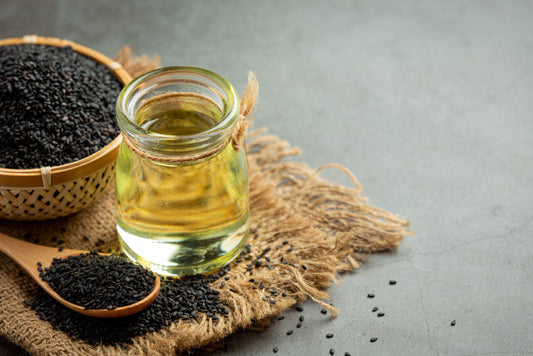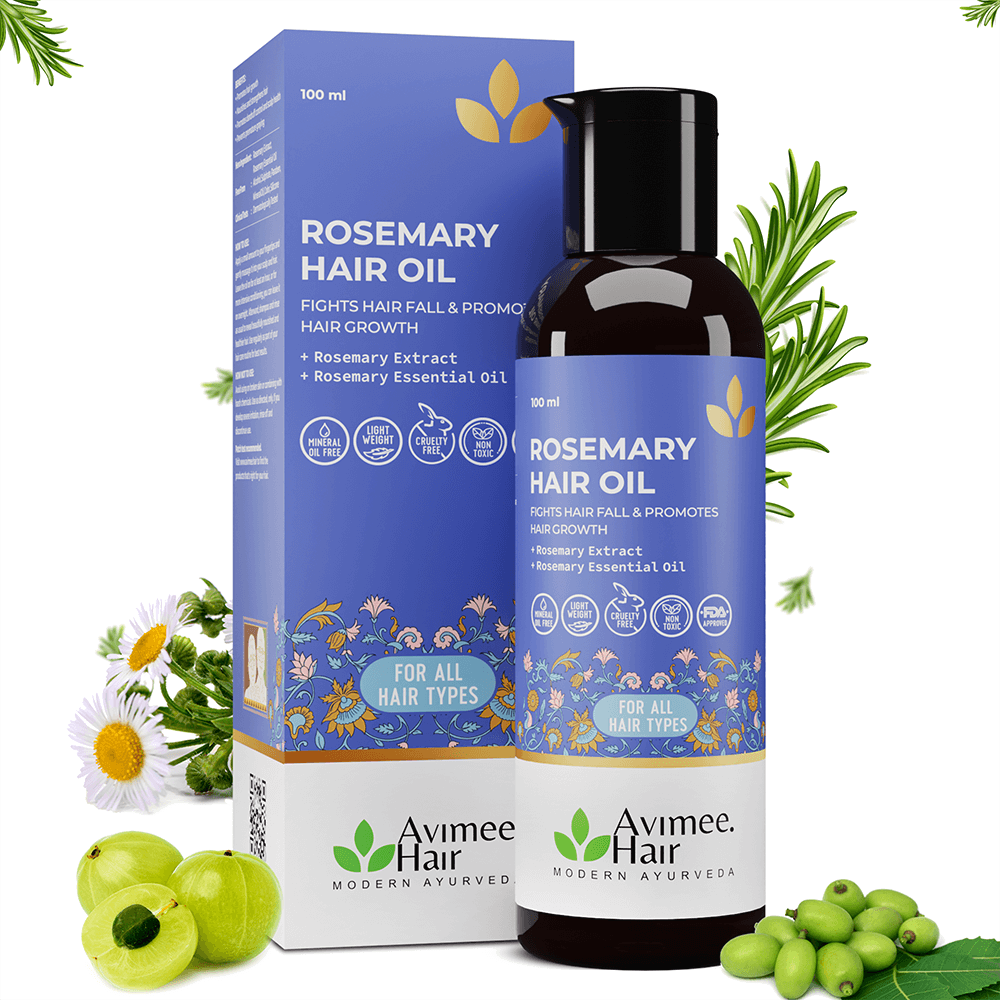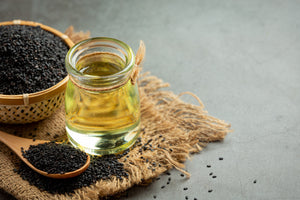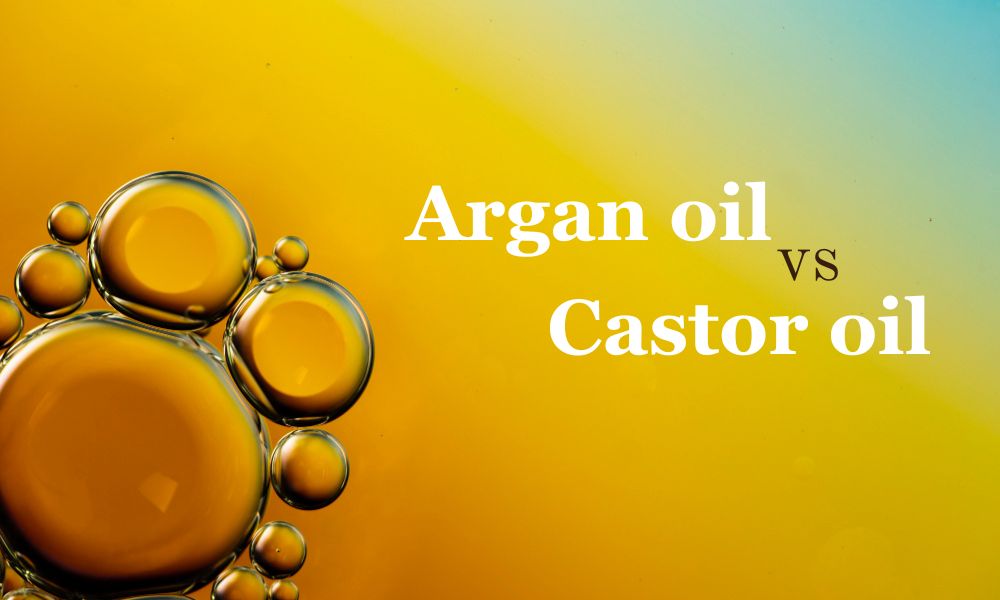Articles
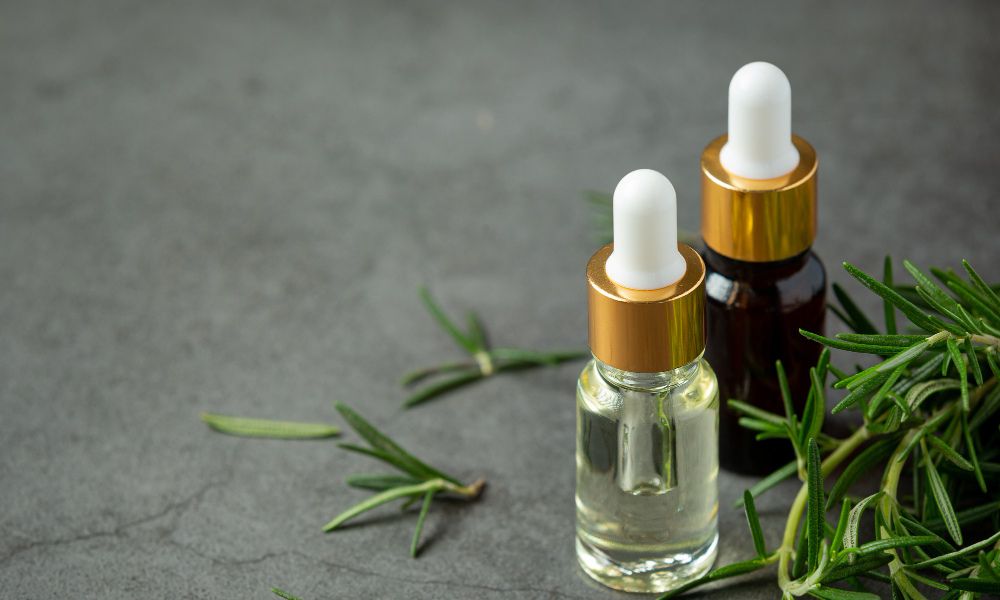
Skin Care
Rosemary Oil vs. Castor Oil
Confused about which natural oil to crown your hair care routine? Both rosemary oil and castor oil boast impressive benefits, but their strengths lie in different realms.
Let's untangle their unique properties to help you pick the perfect potion for your mane's needs.
Rosemary Oil vs. Castor Oil for Hair: A Quick Comparison
|
Feature |
Rosemary Oil |
Castor Oil |
|
Primary Use |
Hair growth, scalp health, dandruff control |
Hair growth, thickening, dryness treatment |
|
Key Benefits |
Stimulates hair follicles, improves circulation, reduces DHT |
Deeply nourishes hair, strengthens strands, prevents breakage |
|
Texture |
Thin, watery |
Thick, viscous |
|
Scent |
Fresh, herbaceous |
Nutty, slightly burnt |
|
Suitability for Hair Types |
Oily, normal, dry (scalp only) |
Dry, damaged, thick |
|
Application |
Massage into scalp, dilute before applying to hair |
Apply directly to hair and scalp, massage in |
|
Potential Drawbacks |
Can irritate sensitive scalps, may dry hair if used undiluted |
Can weigh down fine hair, difficult to wash out |
|
Best Used With |
Carrier oil like jojoba |
Conditioner, hair mask |
Choosing between rosemary oil and castor oil for your hair? Rosemary reigns supreme for scalp health, boosting hair growth and fighting dandruff.
Castor oil champions deep conditioning, nourishing dry strands and promoting epic lengths.
The best part? They're a dream team! Combine rosemary oil with a carrier oil for scalp massages, and mix castor oil with conditioner for deep hair treatments. Embrace nature's bounty and unlock happy, healthy hair!
FAQ
Question 1: Which is better for hair, castor oil or rosemary oil?
Answer: It depends on your hair goals! Castor oil is great for nourishing dry hair and promoting growth, while rosemary oil focuses on scalp health and potentially stimulating new hair growth. Consider what your hair needs most.
Question 2: How to grow my eyebrows thicker without any side effects?Can caster oil help in it?
Answer: There are several natural ways to promote thicker eyebrows, like applying castor oil or coconut oil, and maintaining a healthy diet with vitamins that support hair growth. However, for best results with minimal side effects, consult a dermatologist about personalized eyebrow growth options.

 Doctor Consultation
Doctor Consultation


